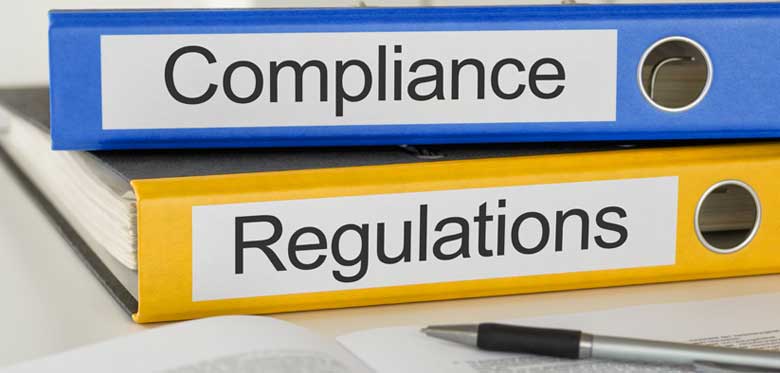The Electrical Safety Standards in the Private Rented Sector (England) Regulations 2020 imposed new obligations on private landlords of residential properties. The regulations came into force on 1 June 2020 and they have applied to all new tenancies from 1 July 2020.
Since 1 April 2021, the regulations have applied to all existing tenancies, meaning that landlords are now required to ensure that they meet the regulations, regardless of when the tenancy was entered into.
Electrical safety & testing
The regulations mainly concern electrical safety and testing:
- Landlords are required to ensure that electrical safety standards are met at the premises during any time which the premises are occupied. In short, this means that the property must be safe and free from electrical hazards when a tenant is in the property;
- Landlords must ensure that every electrical installation is inspected and tested before the tenancy commences; and
- Thereafter, this must be repeated every five years, or the date stipulated on the previous report, if that is earlier.
Electrical Inspection Condition Report (EICR)
After each inspection discussed above, the landlord must obtain a report of the same which confirms the results and date of the next inspection, then:
- A copy of the report must be provided to the tenant within 28 days or within seven days if requested by the local authority;
- The landlord must retain a copy of the latest report to supply to the electrician conducting the next test; and
- The latest report must be provided to any new tenants before they enter the premises and within 28 days of a written request from a prospective tenant.
Failed test
If a test fails, then there are further requirements for the landlord which are:
- Any remedial or investigative work recommend by the failed report must be completed within 28 days, or by the date stipulated in the report (if less);
- Once these works are complete, the landlord needs to obtain written confirmation of the same and that the property now meets the safety standards or requires further work;
- If the property is now safe, the landlord must provide the new report and the written confirmation regarding the works to each tenant within 28 days of the works; and
- If the property has failed again, then the above steps need to be followed again.
Frequently asked questions
Are any landlords exempt from the regulations?
Some landlords are exempt but the regulations will apply to most private landlords. Social landlords are exempt, as are any landlords that are only offering short term accommodation. If you are unsure whether the regulations will apply to you, seek advice.
My tenant won’t let me in the property to conduct the EICR, what can I do?
Unfortunately, this is not uncommon. However, it is vital that you do not let this prevent you from complying with your obligations under the regulations (insofar as possible). Each case is different and advice may be required to determine the best course of action. If you are a landlord and require legal advice call our specialist landlord and tenant team on 0161 696 6170.




Comments